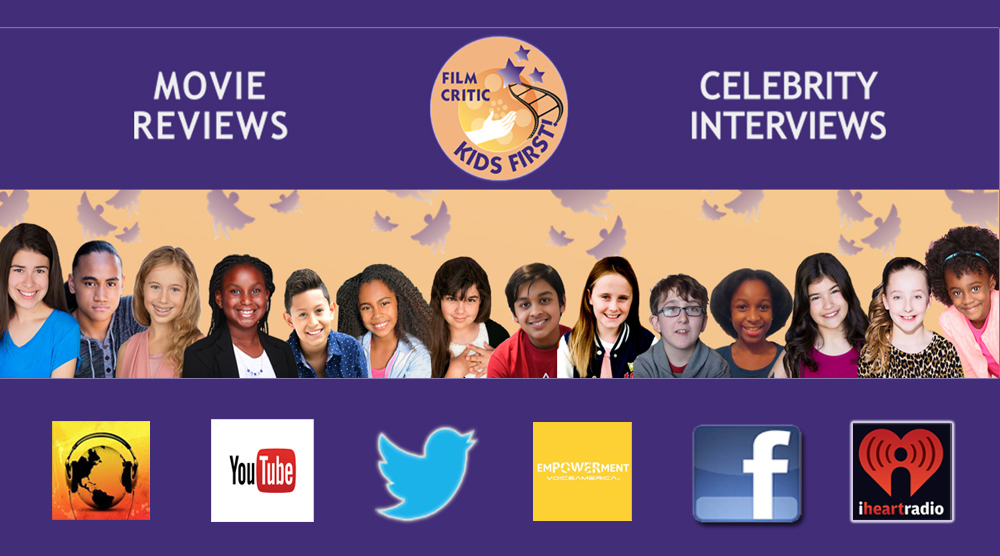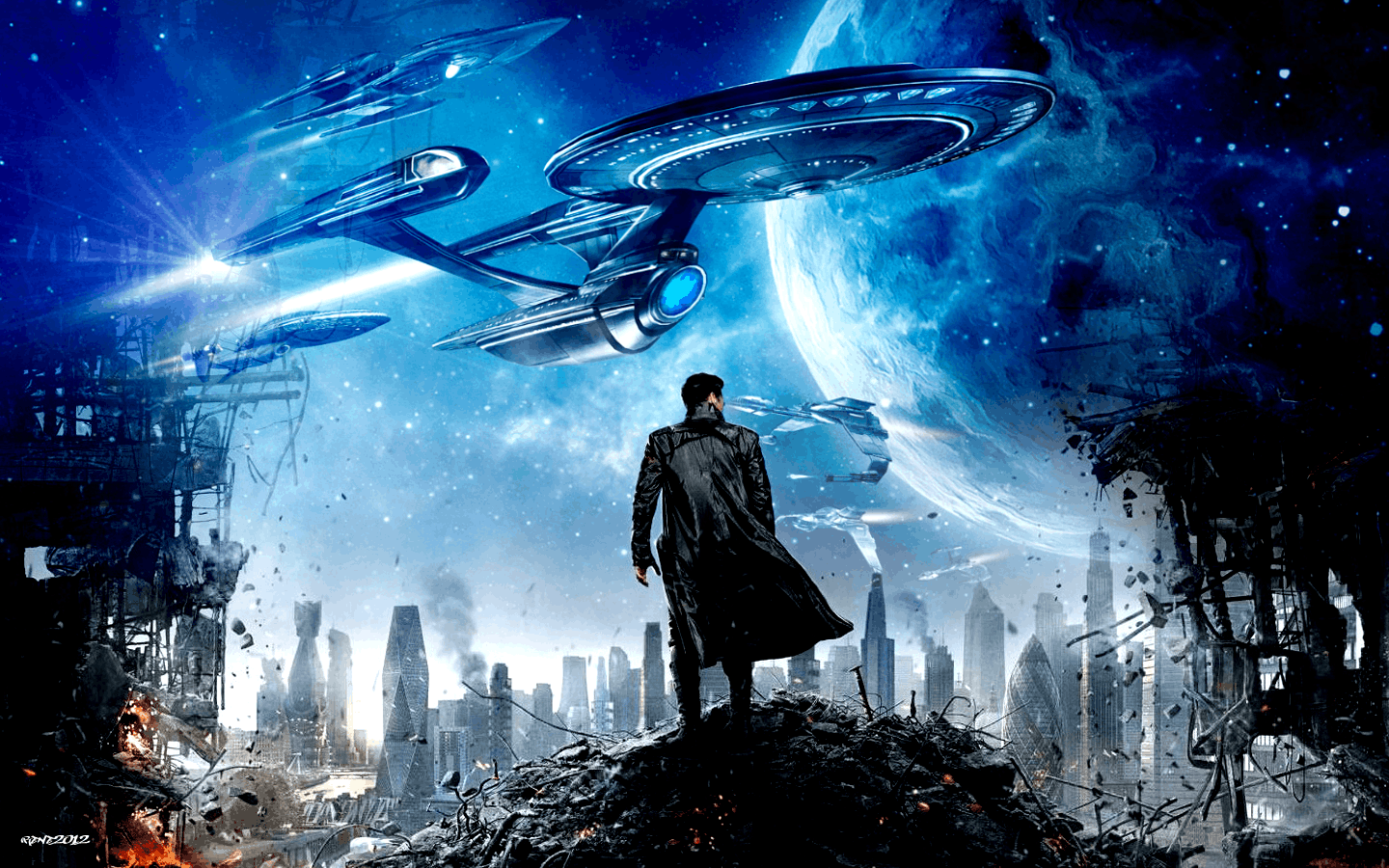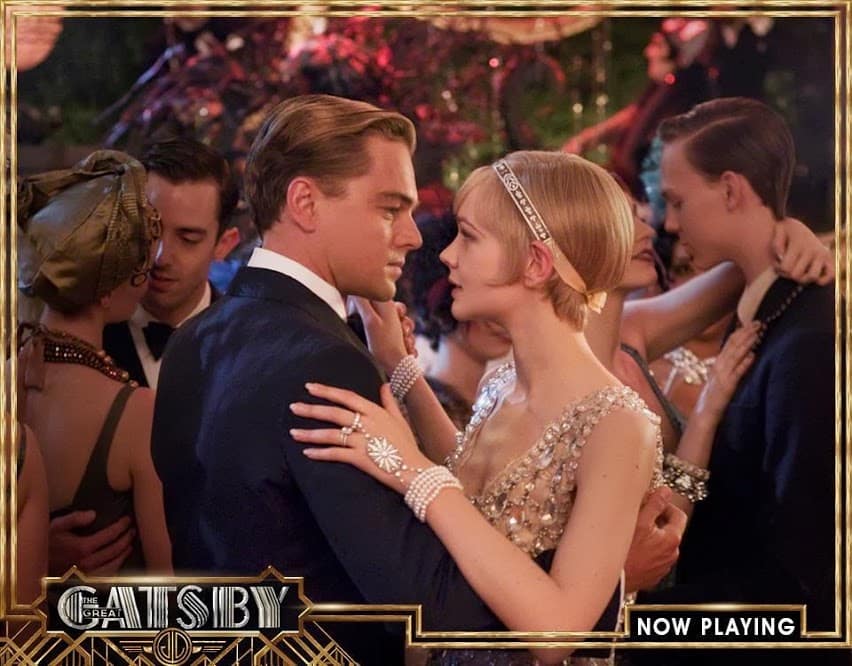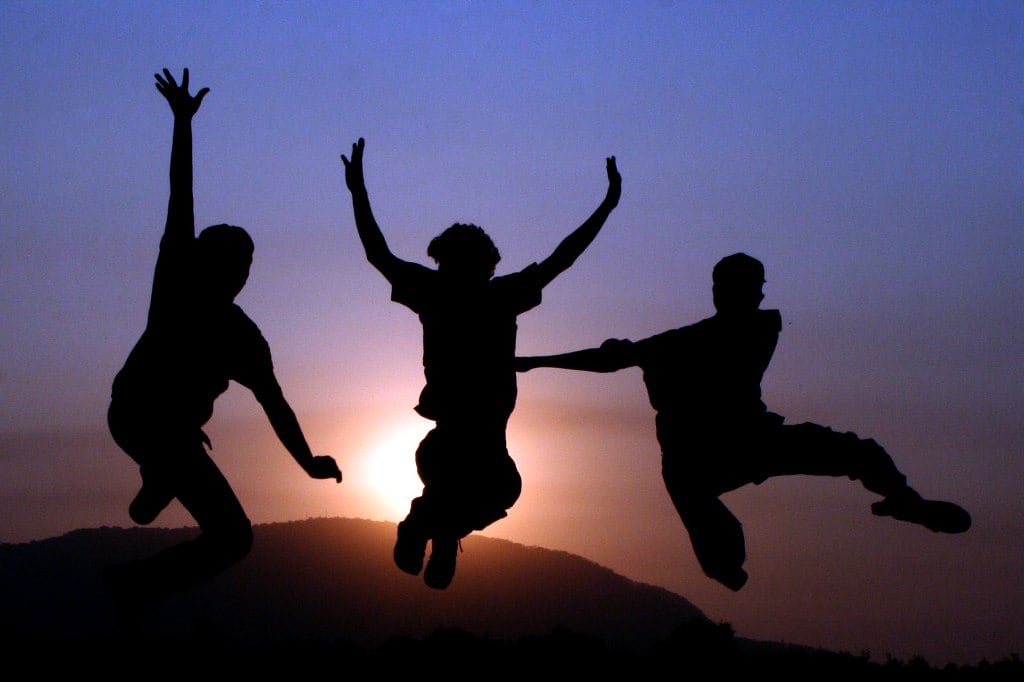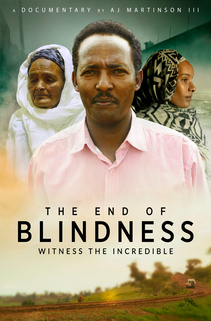

There is a crisis in Ethiopia. With over four million cases of visual impairment it has one of the highest rates of blindness on the continent. But one man is fighting to change that. Here, over a million people live without sight. In fact, it has one of the highest rates of blindness in Africa. The End of Blindness tells the incredible true story of Dr. Samuel Bora, the only ophthalmologist for over 3 million people in rural Ethiopia who provides free cataract surgery to the blind poor. Dedicating his life to serving the poor in his country, Dr. Samuel performs up to 60 surgeries a day for those who would otherwise be forgotten. Step inside the operating room and witness the powerful impact a single surgeon can have on the lives of thousands of people- from children with cataracts to a blind mother who has never seen her son.
KIDS FIRST! Film Critic Eshaan M. comments, “The End of Blindness is a beautifully shot, moving real-life story drawing attention to an important current issue. It’s not just a great watch, but a necessary watch in 2021.” Avalon N. adds, “The End Of Blindness is an inspiring and heartfelt documentary. With so many great stories it is sure to inform you about something you didn’t know before and make you want to help.” See their full reviews below.
The End of Blindness
By Eshaan M., KIDS FIRST! Film Critic, age 15
The End of Blindness is a beautifully shot, moving real-life story drawing attention to an important current issue. It’s not just a great watch, but a necessary watch in 2021.
Ethiopia is facing a crisis. With over four million cases of visual impairment it has one of the highest rates of blindness on the continent, but one man — Mr. Samuel Bora — is fighting to change that. Dr. Bora is the only ophthalmologist for over three million people in rural Ethiopia, providing free cataract surgery to the blind poor. Dr. Samuel performs up to 60 surgeries a day for those who would otherwise be forgotten. The End of Blindness takes you into the operating room and shows you the impact one can have on the lives of thousands of people, from children with cataracts due to trauma to a blind mother who has never seen her son.
Dr. Bora’s passion for helping the poor is evident, as he has been touched by poverty. The film features many emotional scenes where he shares more about his journey from working in his village to being sponsored for a formal education by two Finnish missionaries. The care with which Dr. Bora does his work and the compelling way he speaks about his job and his life make a narrator almost unnecessary. The narrator only interjects once or twice to help move the story along or summarize, which works well. My favorite scene in the film is when Dr. Bora visits a patient whose eyesight has been restored; seeing the ecstasy on her and her husband’s face really made my day, and I’m sure it made Dr. Bora’s day, too. The cinematography is beautiful and it’s evident that a professional team has taken on this effort. Panoramic shots of Addis Ababa and the Ethiopian countryside open the film and close-up shots of surgery provide a clear view of exactly how cataract surgery is performed (though many may be squeamish at the sight). Overall, it’s an immaculately created film.
The End of Blindness promotes community service, using your talents for good and showing compassion, just like Dr. Samuel Bora does. There are some graphic scenes of surgery that those who are afraid of needles or blood will find difficult to watch.
I give The End of Blindness 5 out of 5 stars and recommend it for ages 14 to 18, plus adults. The End of Blindness releases on demand on November 16, 2021.
The End of Blindness
By Avalon N., KIDS FIRST! Film Critic, age 13
The End Of Blindness is an inspiring and heartfelt documentary. With so many great stories it is sure to inform you about something you didn’t know before and make you want to help.
This documentary is about Samuel Bora who is the only ophthalmologist for three million people in rural Ethiopia. It shares many stories about people who have eye problems or are blind and how Dr. Bora provides free or very cheap cataract surgery for the poor. We learn about Dr. Bora’s incredible life story during this documentary.
One of the most amazing parts is seeing people take off their eye patch after their surgery. When they can see, after being in the dark for so long, you share their joy. There are lots of cool camera angles such as the shot from the ground when a jeep passes by. There are also some shots of African villages that show us how different these cities are from what we are accustomed to in the USA. There are so many remarkable stories that range from a blind 67-year-old to a blind 9-year-old. There is no age limit to blindness. Though most of the people’s blindness is fixable, not all are, and it is sad when they are told nothing can be done. Something else I found out is that blind people sometimes have their children act as guides, which prevents the children from having a normal life. These surgeries not only give a blind person sight but their child gets a chance to be a kid again.
The message is that no matter what the situation, there is always something to be done, so go out and do it. I should warn you that there are scenes of cataract surgery which are very graphic and may be unpleasant to watch.
I give The End Of Blindness 4 out of 5 stars and recommend it for ages 12 to 18, plus adults. It comes out On Demand November 16, 2021.
Keywords: movie reviews,by kids for kids, A.J. Martinson, Adam Behr, Samuel Bora, Corey Wallace, Martine Mellout, blindness, the end of blindness national geographic, the end of blindness, cataracts, ethopia, Africa, Dr. Samuel Bora, Dr. Samuel, documentary

